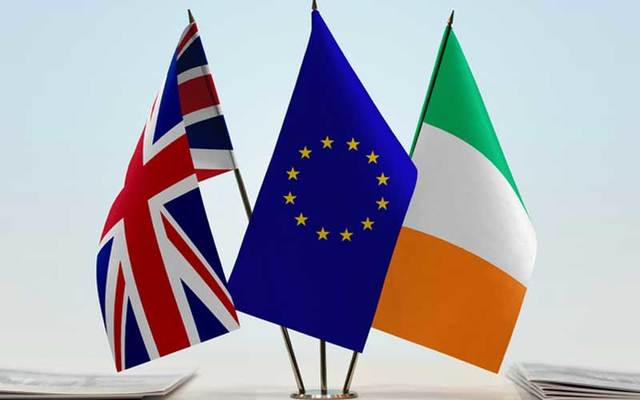Ireland is by far the largest recipient of the Brexit Adjustment Reserve (BAR), receiving almost one-quarter of the first portion of the payment due to the fact it is the nation worst affected by Britain's withdrawal from the European Union.
RTE reports that the BAR is being fast-tracked to member states, who will not be required to justify what the funds are being spent on until September 2023. Ireland is this year due to receive almost $1.3 billion of an initial tranche of over $5 billion, far more than any other EU nation.
However, it's emerged that some of the claims for funds may be retrospectively turned down, meaning they would have to be returned to the overall fund.
The concerns were raised by the European Court of Auditors, who argued that some member states may have to pay the money back because so much of the fund is being paid upfront, and because of the risk of funding projects which might later turn out to be ineligible.
Meanwhile, further evidence has emerged of the negative impact on Irish businesses from the double whammy of Brexit and the ongoing pandemic.
The Irish Examiner reports that two separate surveys have confirmed that Ireland-based firms are "severely struggling" due to the extended Covid lockdown restrictions and supply-chain mayhem triggered by Brexit.
Half of all companies quizzed in one survey admitted they were either contracting, winding down or surviving at all costs. In the same survey last year, just 13 percent of the firms questioned said they were facing the same difficulties.
A separate monthly study of the health of the country's manufacturing industry painted a similarly gloomy picture.
Commenting on the survey's results, AIB chief economist Oliver Mangan noted,
"Tight Covid lockdown restrictions, both here and elsewhere, are creating a challenging backdrop for businesses, with firms reporting weak demand and thus falling new orders in Ireland and from the U.K."
He added, "Supply chains remained under severe pressure, with Brexit widely cited as the main cause of major delays, leading to a further marked lengthening in delivery times.
"Rising administration costs as a result of Brexit, as well as upward pressure on prices of raw materials, are generating increased inflationary pressures."




Comments